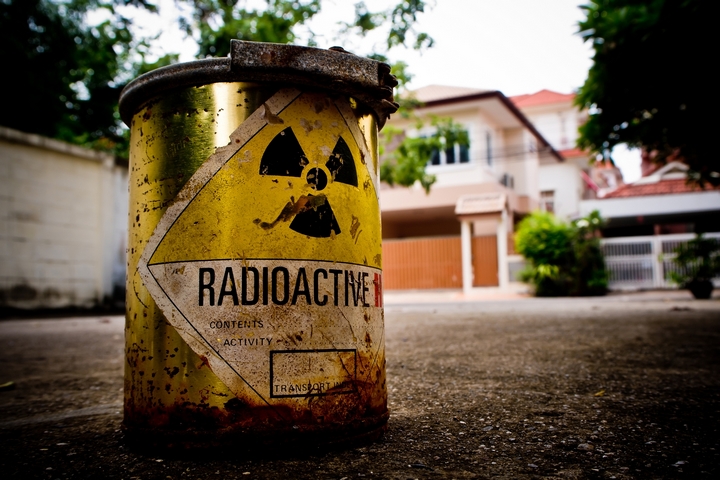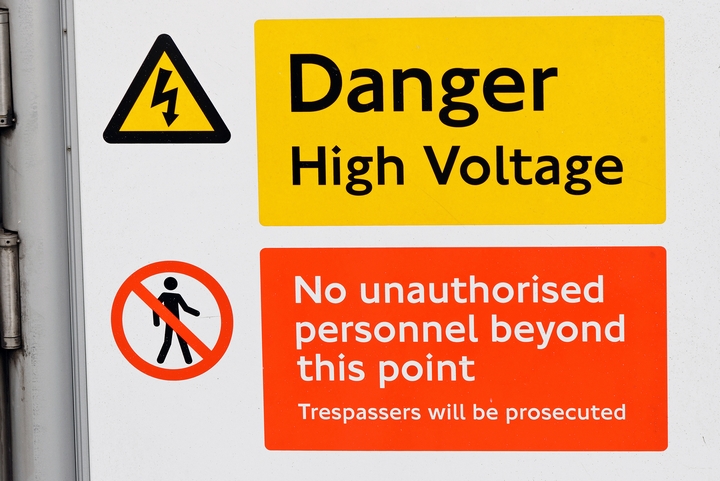
Although most industries are now trying to minimize their environmental impact by recycling their wastewater during their different operations, this is not always possible. Here are 8 sources of industrial wastewater that need to rely on an industrial wastewater treatment so they can contribute to protecting our environment.
1. The iron and steel industry

The iron and steel industry uses water to cool down their furnaces, but also for many different steps of their production processes. The water they use ends up being contaminated by cyanide, ammonia, acids, and many other chemicals that don’t belong in water. Industrial wastewater treatment is necessary in this industry.
2. The agricultural sector

In the agricultural sector, wastewater comes from different sources. Water can become polluted when rain falls over fields, or it can be contaminated by animal waste, milking parlour waste, vegetable washing waste, or slaughtering waste. This contaminated water needs to be treated properly before it can affect water bodies negatively.
3. The food industry

The food industry generates large amounts of suspended solids and biological oxygen demand. Food processing and cooking can also add salt, fats, oils, acids, flavourings, and colouring materials to the water. Wastewater from the food industry can also be contaminated with antibiotics, pesticides, growth hormones, and more.
4. Mines and quarries

Wastewater contaminants produced by mines and quarries include oils and hydraulic oils, but also rock particles and undesired metals and minerals. Mining releases high levels of metal into the water, and these metals will negatively affect the environment. This is why the slurries produced by mines and quarries need industrial wastewater treatment.
5. The nuclear industry

The nuclear industry needs to use a lot of water everyday, mostly for cooling purposes. This wastewater is contaminated with radioactive chemicals, making it dangerous for us and for the environment. The mining and refining of uranium also produces radioactive wastewater that needs to be thoroughly treated.
6. The pulp and paper industry

The pulp and paper industry generates industrial wastewater than contains suspended solids, biological oxygen demand and chemical oxygen demand, but also chloroform, phenols, and chlorinated organic compounds. Some paper mills will mostly produce organic pollutants, while others will produce inorganic pollutants that will require a different industrial wastewater treatment.
7. Electric power plants

Coal-fired power plants are also responsible for producing large quantities of industrial wastewater that need to be treated properly. Lead, cadmium, chromium, mercury, arsenic, nitrogen compounds, fly ash and bottom ash are only a few examples of what can be found in the wastewater generated by electric power plants.
8. The complex organic chemicals industry

Different industries, including pharmaceuticals, pesticides, plastics, and detergents, are manufacturing or using complex organic chemicals. These man-made organic chemicals deteriorate the quality of the water, and they are highly dangerous for the environment. The industries using complex organic chemicals need to seriously pay attention to the different industrial wastewater treatments that are offered to them.
